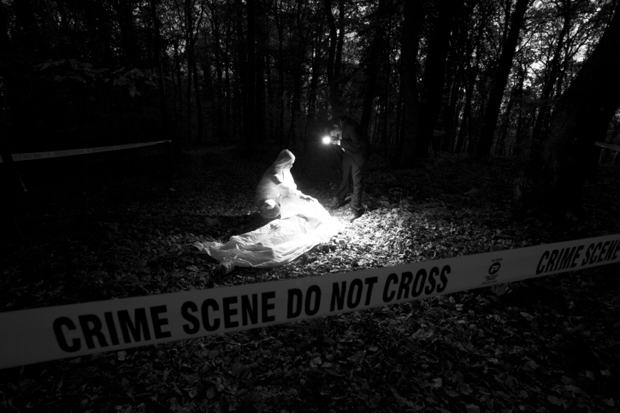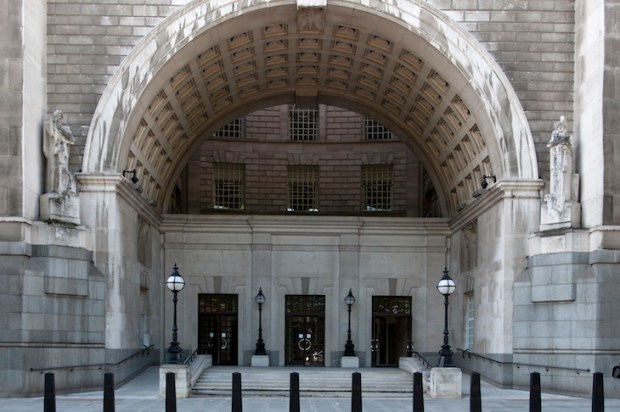This remorselessly slow-moving, hazily allegorical drama about ageing and xenophobia is Jim Crace’s 12th book, and the first to appear since he announced his retirement from writing in 2013. Like much of his other work, it lays its scene in a topographical and temporal bubble of the author’s own devising, where recognisable aspects of society and geography are almost imperceptibly twisted away from true.
The place is a nameless seaside community that isn’t in France, Italy, Malta, Greece or seemingly anywhere, but where people are called Dell’Ova and Busi and Pencillon and Klein; the period falls hazily between the invention of the phonograph and ‘the chilling advent of packaged frozen food’, but villagers still shiver medievally about beasts in the woods and one character adopts the strangely modern custom of calling herself ‘Lexxx’.
The narrative drifts along in the wake of Alfred Busi, a sixtysomething crooner who ‘in his time had sung in the greatest halls and auditoriums’ but who, as the novel opens, haunts a shadowy mansion on the town’s seafront, mourning his dead wife. A few days before he’s due to perform at one of the town’s vaguely Ruritanian ceremonies — he has received a ‘Worthiness Award’, they’ve put up a bust on the ‘Avenue of Fame’ — Busi is attacked in his back yard by what he claims is a naked child going through his bins.
This incident, much reported in the press, sparks a campaign against ‘neanderthals’ who are thought to live in the ‘bosk’, a large wood on the edge of town. Eventually, though no evidence supports this hysteria, the community’s fear and misunderstanding brings about a purge of beggars and the poor. ‘Our town will never be the same again,’ muses the novel’s narrator, ‘though it is hard for anyone to say if this is for the better or the worse.’
But the events of the plot, with their nods and winks to present-day injustice, are only distantly glimpsed. As Busi shuffles ruminatively around the town, instead, he’s accompanied by the fearsomely laborious prose of Crace’s narrator, an endless, self-sabotaging monologue that reads as though translated from some moribund Mitteleuropean original. In addition to a baroque vocabulary heaving with ‘bosks’, ‘mendicants’ and so on, Crace settles, for his own mysterious reasons, on a ruminative and self-revising narrative voice that gropes continually after a second draft even as it presents the first. ‘She’d spent too many hours on her own, too many years,’ the narrator writes. ‘He might prefer to guard his privacy, his anonymity’ ‘It was stained, he’d always thought — coloured is a truer word — by memories.’
This continual hemming and hawing gives the novel a leaden quality, to which its glacial narrative development (Busi goes out, Busi comes in, Busi wonders if he should sell his house) only contributes. I was rather disappointed to find no Worthiness Award on offer for making it to the end.
Got something to add? Join the discussion and comment below.
Get 10 issues for just $10
Subscribe to The Spectator Australia today for the next 10 magazine issues, plus full online access, for just $10.
You might disagree with half of it, but you’ll enjoy reading all of it. Try your first month for free, then just $2 a week for the remainder of your first year.














Comments
Don't miss out
Join the conversation with other Spectator Australia readers. Subscribe to leave a comment.
SUBSCRIBEAlready a subscriber? Log in